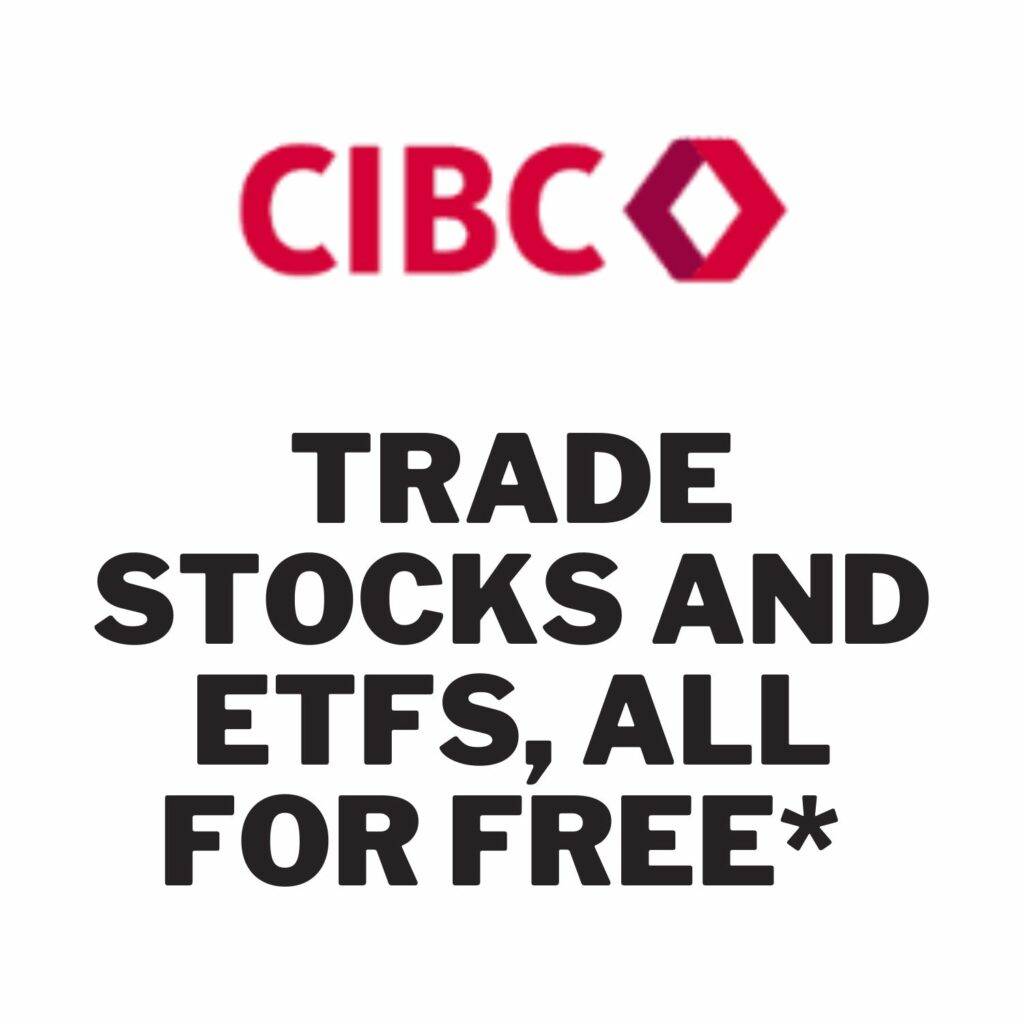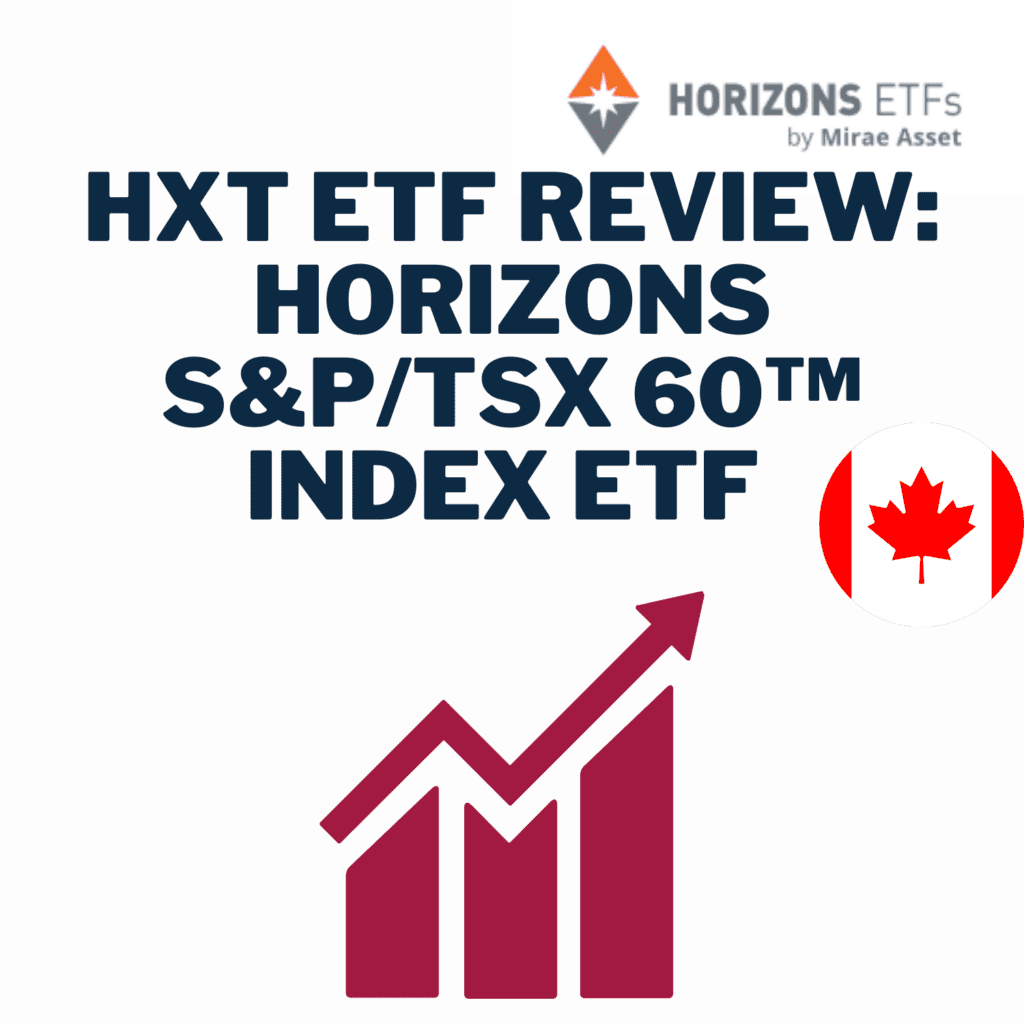HXT Stock: Investment objective
As a Canadian investor evaluating HXT, anticipate an investment strategy meticulously designed to replicate the performance of the S&P/TSX 60™ Index (Total Return), net of expenses. This ETF strategically aligns with the large-cap segment of the Canadian equity market, offering a comprehensive snapshot of its dynamics.
The allure for investors lies in the advantages of an index approach. HXT employs a systematic method, mirroring the Index’s movements, thereby providing a passive investment avenue. This approach brings forth inherent cost efficiencies, as it minimizes the need for active management and associated fees.

Furthermore, by choosing HXT, investors gain exposure to a diversified portfolio of large-cap stocks, mitigating company-specific risks. This diversification aligns with a prudent risk management strategy, particularly pertinent in the ever-evolving landscape of the Canadian equity market.
[stock_market_widget type=”card” template=”basic” color=”#5679FF” assets=”HXT.TO” display_currency_symbol=”true” api=”yf”]
[stock_market_widget type=”chart” template=”line” color=”#5679FF” assets=”HXT.TO” range=”1mo” interval=”1d” axes=”true” cursor=”true” range_selector=”true” display_currency_symbol=”true” api=”yf”]
HXT Stock: Graph
3 Popular Index ETF from Horizons
HABL ETF: Full review of the Horizons Balanced ETF
What’s the S&P/TSX 60™ Index?
The S&P/TSX 60™ Index is a benchmark meticulously crafted to gauge the performance of the large-cap segment within the Canadian equity market. Comprising 60 of the most prominent and liquid stocks listed on the Toronto Stock Exchange, this index reflects the pulse of the nation’s corporate giants.
The S&P/TSX 60™ Index, with its focus on the largest and most liquid stocks in the Canadian equity market, offers several distinct advantages that set it apart from other options.
Advantages
Stability through Large Caps: The concentration on large-cap stocks inherently brings a level of stability. These companies are often well-established, with proven track records and financial strength. This can be appealing to investors seeking a degree of reliability and lower volatility in their portfolio.
Quality Stocks: Large-cap stocks in the S&P/TSX 60™ are typically leaders in their respective industries. These companies often exhibit characteristics such as stable earnings, strong fundamentals, and a history of successful performance. This focus on quality can be attractive to investors looking for a long-term, fundamentally sound investment strategy.
Liquidity: Given that the S&P/TSX 60™ Index includes some of the most actively traded stocks on the Toronto Stock Exchange, it ensures high liquidity. This liquidity can be advantageous for investors, as it facilitates ease of buying and selling shares without significantly impacting market prices.
Simplicity: The index’s focus on the top 60 stocks simplifies the investment process for those who prefer a straightforward approach. It’s a concentrated portfolio that allows investors to easily grasp the core holdings without delving into a multitude of smaller companies.
Historical performance – HXT vs XIU, XIC, VCN and ZCN
[stock_market_widget type=”table-quotes” template=”color-text” color=”#1613F3″ assets=”XIU.TO,XIC.TO,ZCN.TO,HXT.TO,VCN.TO” fields=”symbol,ytd_return,three_year_average_return,five_year_average_return” links=”{‘XIU.TO’:{},’XIC.TO’:{},’ZCN.TO’:{},’HXT.TO’:{},’VCN.TO’:{}}” display_header=”true” display_chart=”false” display_currency_symbol=”true” pagination=”true” search=”false” rows_per_page=”10″ sort_field=”logo_name_symbol” sort_direction=”asc” alignment=”left” api=”yf”]
Comparison Asset under management
[stock_market_widget type=”table-quotes” template=”color-header-border” color=”#5679FF” assets=”XIC.TO,VCN.TO,ZCN.TO,HXT.TO,XIU.TO” fields=”symbol,price,change_pct,net_assets” links=”{‘XIC.TO’:{},’VCN.TO’:{},’ZCN.TO’:{},’HXT.TO’:{},’XIU.TO’:{}}” display_header=”true” display_chart=”false” search=”false” pagination=”false” scroll=”false” rows_per_page=”5″ sort_direction=”asc” alignment=”left” api=”yf”]
Examining the net assets of the listed Canadian ETFs provides valuable insights into their scale and investor confidence. XIU.TO stands out with the highest net assets at $10.94B. XIC.TO follows closely with $8.49B, showcasing a robust presence in the market. ZCN.TO holds $7.02B in net assets, indicating a significant investment pool. VCN.TO, with $5.48B, and HXT.TO, with $3.31B, exhibit slightly smaller but still substantial asset bases.
Best Bond ETFs in Canada: Full guide
HXT Stock: Sector allocation
| Financials | 33.84% |
| Energy | 18.61% |
| Industrial Services | 12.68% |
| Materials | 10.05% |
| Information Technology | 8.17% |
| Consumer Service | 4.45% |
| Communication Services | 4.37% |
| Consumer Goods | 3.91% |
| Utilities | 3.22% |
HXT ETF: Top 10 Index Holdings
| Security Name | Weight |
|---|---|
| Royal Bank of Canada | 7.33% |
| Toronto-Dominion Bank | 6.64% |
| Canadian Natural Resources Ltd | 4.24% |
| Enbridge Inc | 4.21% |
| Canadian Pacific Kansas City Ltd | 4.16% |
| Shopify Inc Cl A | 3.92% |
| Canadian National Railway Co | 3.84% |
| Bank of Montreal | 3.61% |

